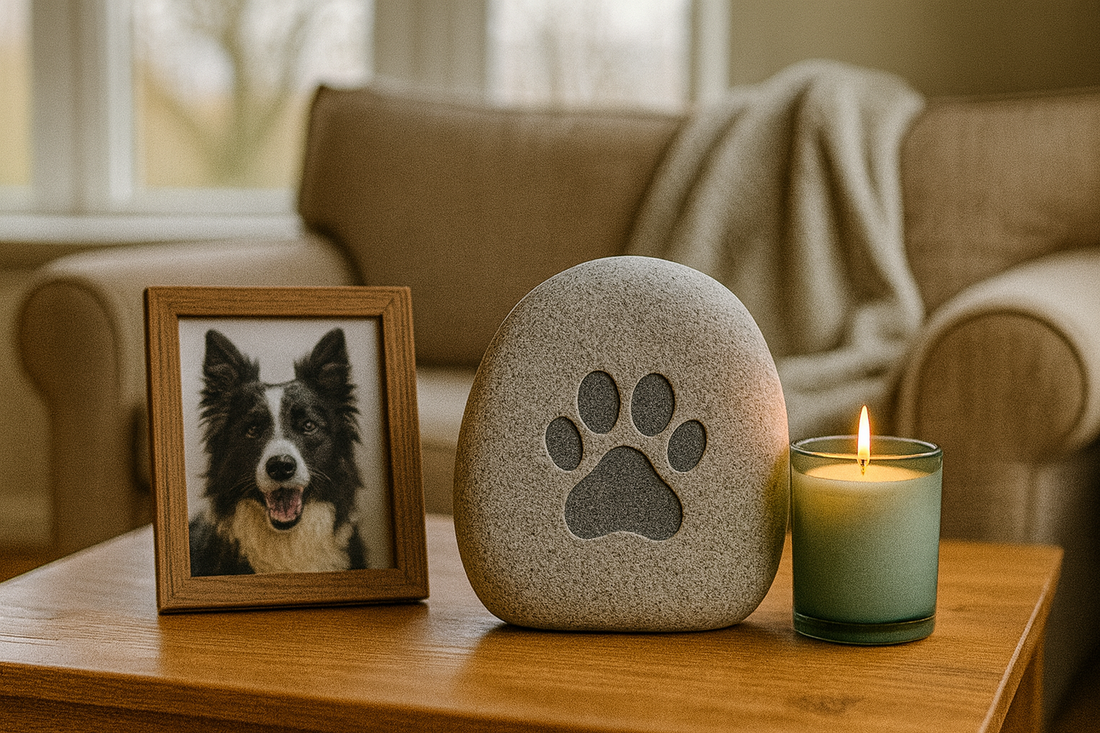
How long before a deceased pet starts to smell?
Share
Introduction
When my pet passed away, one of the questions I didn’t expect to face was how quickly their body would change. It’s not easy to think about, but knowing the timeline can help us prepare, make decisions, and ensure we handle things respectfully. Understanding how long it takes before a deceased pet starts to smell can provide both peace of mind and practical guidance during a very difficult time.
Table of Contents
- The Decomposition Process
- How Long Before a Deceased Pet Starts to Smell?
- Factors That Affect the Timeline
- Handling and Caring for a Deceased Pet
- Alternatives for Safe and Respectful Care
- Conclusion
The Decomposition Process
After a pet passes away, their body begins a natural process of decomposition. This starts almost immediately at a cellular level. Within hours, internal changes begin, and within a day, bacteria and enzymes accelerate the breakdown of tissues. These changes are what eventually cause noticeable odors.
How Long Before a Deceased Pet Starts to Smell?
Typically, a deceased pet may begin to smell within 6 to 12 hours, especially if left in a warm environment. In cooler conditions, the process may be slower, sometimes taking up to 24 hours before odors are noticeable. The smell results from gases released during decomposition, which are part of the natural breakdown process.
Factors That Affect the Timeline
Several things influence how quickly a pet’s body starts to smell:
- Temperature: Warm and humid climates speed up decomposition, while cooler environments delay it.
- Size of the pet: Larger pets often produce noticeable odors sooner due to more tissue breaking down.
- Cause of death: Illnesses or infections may accelerate odor due to bacteria already present.
- Environment: Whether indoors, outdoors, or in a ventilated space makes a big difference.
Handling and Caring for a Deceased Pet
If your pet passes at home, it’s important to act with care and love. Placing the body on a blanket, towel, or pet bed and keeping it in a cool area (such as a garage or basement) can temporarily slow the process until final arrangements are made. If you’re unsure what to do next, contact your veterinarian for guidance on cremation, burial, or memorial services.
Alternatives for Safe and Respectful Care
Instead of rushing into a backyard burial—which may not always be legal or safe—there are meaningful alternatives:
